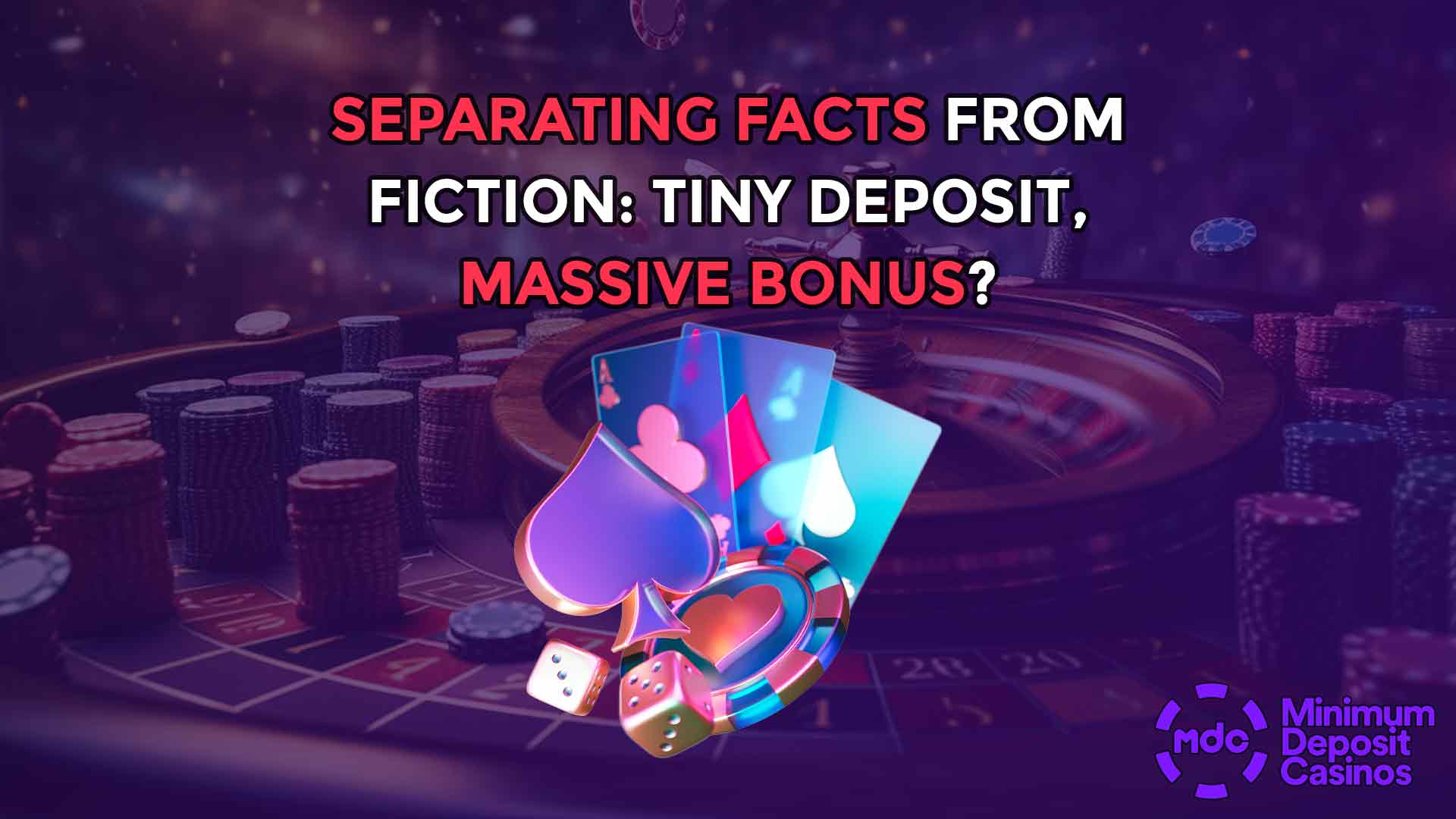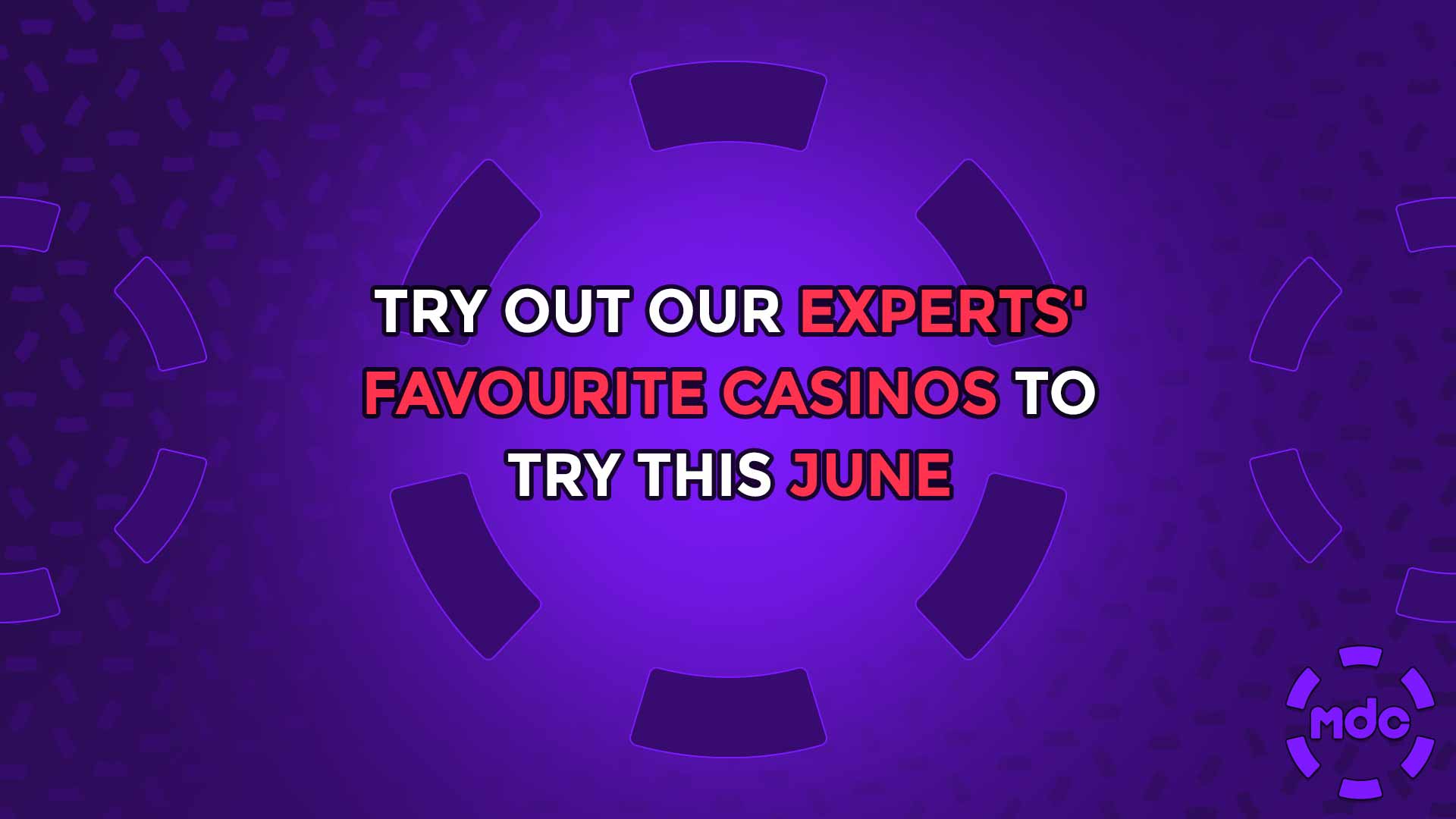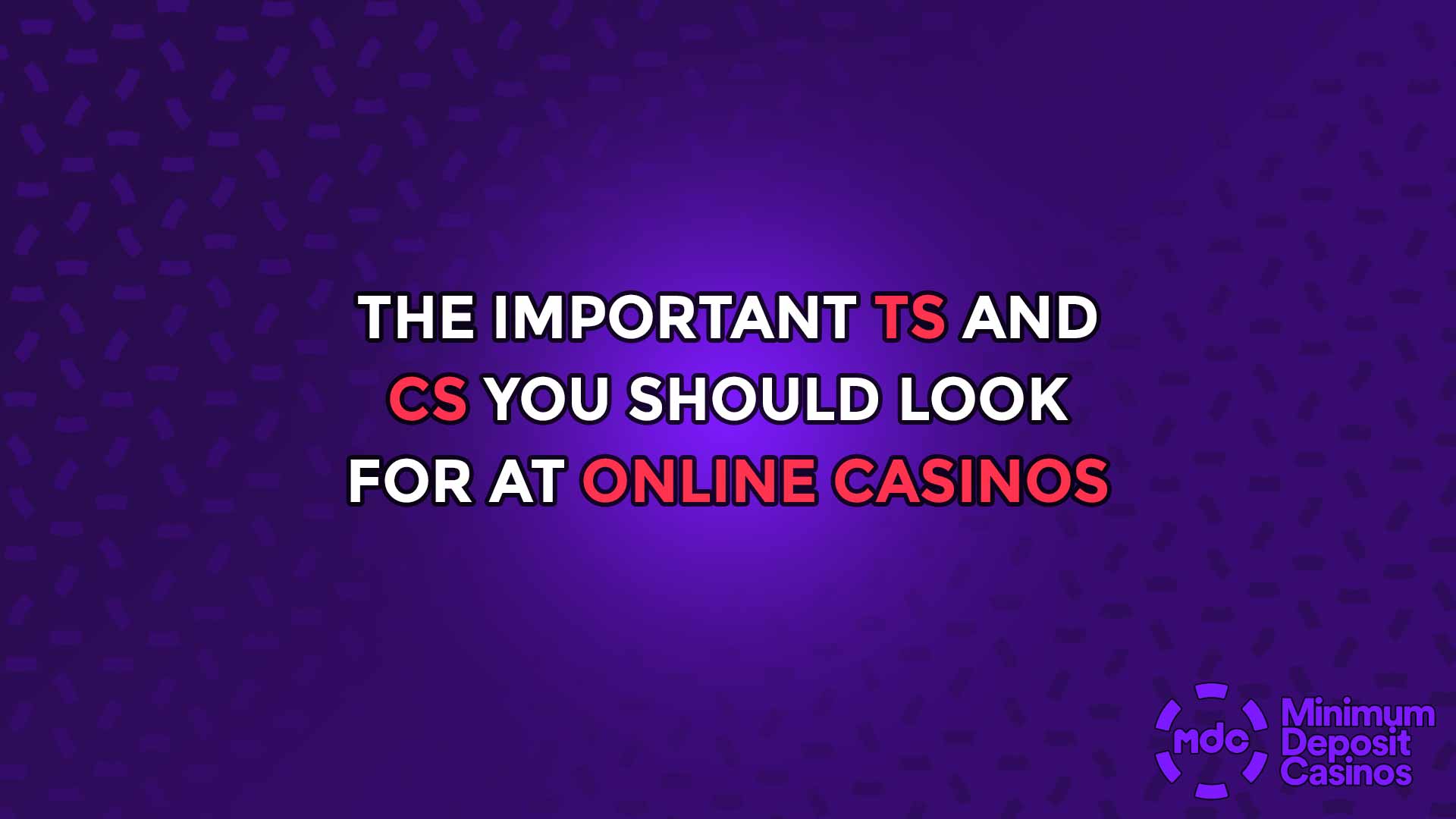
Casino Class 101: EU Gambling regulations at a glance
Gambling in the European Union is booming in 2025 like never before. It has shifted to become a vital economic driver, creating thousands of jobs and generating billions in revenue. However, the fast emergence of online casinos requires clear and careful regulation that would balance the economic benefits of a free market with the need to protect consumers from potential harm.
This is why the EU’s approach is decentralised: instead of a single, unified law, each member state develops its gambling regulations. However, this has led to a complex network of regulations across the continent. Such a fragmented system presents both opportunities and challenges for operators and players.
The EU’s Role in Gambling Regulation
There will be no single EU-wide gambling law in 2025. However, the European Commission and the Court of Justice of the European Union (CJEU) were jointly mandated with creating oversight principles that every member state must align with.
Currently, EU legislation focuses on areas like anti-money laundering (AML), fair competition, and consumer protection. These influence national regulations considerably, ensuring fairness and security even within the diverse policy frameworks.
Perception of Gambling Regulations in Europe
Gambling attitudes vary wildly across Europe. The UK and Malta accept it, using licensing systems. Norway and Poland are more restrictive, with state-controlled monopolies.
The trouble is this: Governments want revenue and tighter laws to prioritise public welfare and tax revenue. Operators demand clarity and a level playing field to allow them to compete as fairly as possible across markets. Consumers, on the other hand, want access to fair and secure options while being protected. Harmonising all these could be a long-term challenge as each country refuses external control. The EU lets states regulate independently but ensures fairness and security.
Country-Specific Regulatory Frameworks
Gambling attitudes vary across Europe. Here, we have highlighted the main differences in member-state regulations.
Western Europe:
- United Kingdom (Pre – and Post-Brexit): The UK Gambling Commission has set a seriously high standard for consumer protection by adopting strict licensing, advertising restrictions, and responsible gaming protocols. While Brexit has introduced a separate regulatory framework, it has created different types of modern challenges for operators working across the UK and EU markets.
- France & Spain: These countries feature government-controlled licensing systems with high taxes on operators and strict advertising laws. This approach aims to limit gambling exposure and maintain state control.
Northern Europe:
- Sweden and Denmark: Both prioritise player protection and use state-controlled licensing models. They emphasise responsible gaming and aim for transparency in gambling operations.
- Finland and Norway: operate state monopolies and impose considerable limitations and restrictions on foreign operators. They want to minimise gambling-related harm and maintain control over the market.
Central Europe:
- Germany: The Fourth Interstate Treaty on Gambling, enacted in 2021, governs online gaming, sports betting, and lotteries.
- Netherlands: Recently legalised online gambling with strict player protection laws. The focus is on responsible gambling practices and operator compliance with national regulations.
Southern & Eastern Europe:
- Italy: Italy has an open market but operates under a highly regulated framework, with high taxes imposed on operators. This allows the state to control the gambling sector and focus on responsible gaming.
- Poland and the Czech Republic: These countries have taken a more modest and conservative approach, offering limited licenses to foreign operators and imposing stringent conditions on gambling activities.
- Malta: Thanks to the Malta Gaming Authority (MGA), Malta stands as a key regulatory powerhouse and benchmark for online gambling. Its robust framework attracts operators by offering a favourable licensing environment. Its world-class regulations prioritise player protection, ensuring fair play and driving transparency across the industry.
Consumer Protection & Responsible Gambling
Consumer protection has been a focal point for many EU nations for several years. Continent-wide measures like anti-fraud campaigns and AML policies have been established to ensure transparency in the industry. Many member states have introduced national self-exclusion programs, such as GameStop in the UK and Spelpaus in Sweden, to empower players to take control of their gambling behaviour. Strict marketing guidelines and gambling advertising restrictions also help to protect the vulnerable.
Each EU state wants to ensure that gambling promotions do not encourage harmful behaviour or target vulnerable people. These collective efforts have, so far, created a safer gambling environment and helped minimise harm while still promoting responsible practices across the EU.
Challenges & Future Trends
The online gambling world is dynamic and fast-moving, with regulatory challenges at every stop. Since Brexit, there has been another set of hurdles, and the UK and EU ended up on different regulatory tracks. With the internet being borderless, it’s difficult to enforce national regulations, as they are not one size fits all. This raises alarm bells over unlicensed operators slipping through the cracks.
Ensuring fair play, preventing fraud, and promoting responsible gambling in this digital universe requires constant vigilance, 24 hours a day.
Technology has proven to be both an opportunity and a challenge for regulators. New innovations like game formats, payment systems, and marketing strategies present difficulties in keeping up with regulations, leaving gaps in consumer protection.
Looking to the future, streamlining or harmonising efforts across the EU may still be far off. Still, there’s a growing push for more cooperation and data sharing between decision-making bodies. If we’re lucky, this could lead to more standardised approaches concerning AML compliance and responsible gaming protocols.
Meanwhile, technologies like blockchain and AI are being considered to change the industry. Blockchain offers transparency and security to ensure fairness and may help combat fraud. AI can predict and identify problem gambling behaviours, which could enable operators to be proactive in automating compliance processes.
Conclusion
Gambling regulations are diverse everywhere. What we need to understand are EU laws, especially those that relate to consumer protection, responsible gambling, and licensing. Each EU nation’s approach highlights the vital need for operators to stay abreast of current affairs.
Chances are the future will most likely focus on tech integration like blockchain and AI. As times change and the industry evolves, these advancements promise streamlined compliance relief, elevated consumer laws, and a safer gambling experience for European players.






